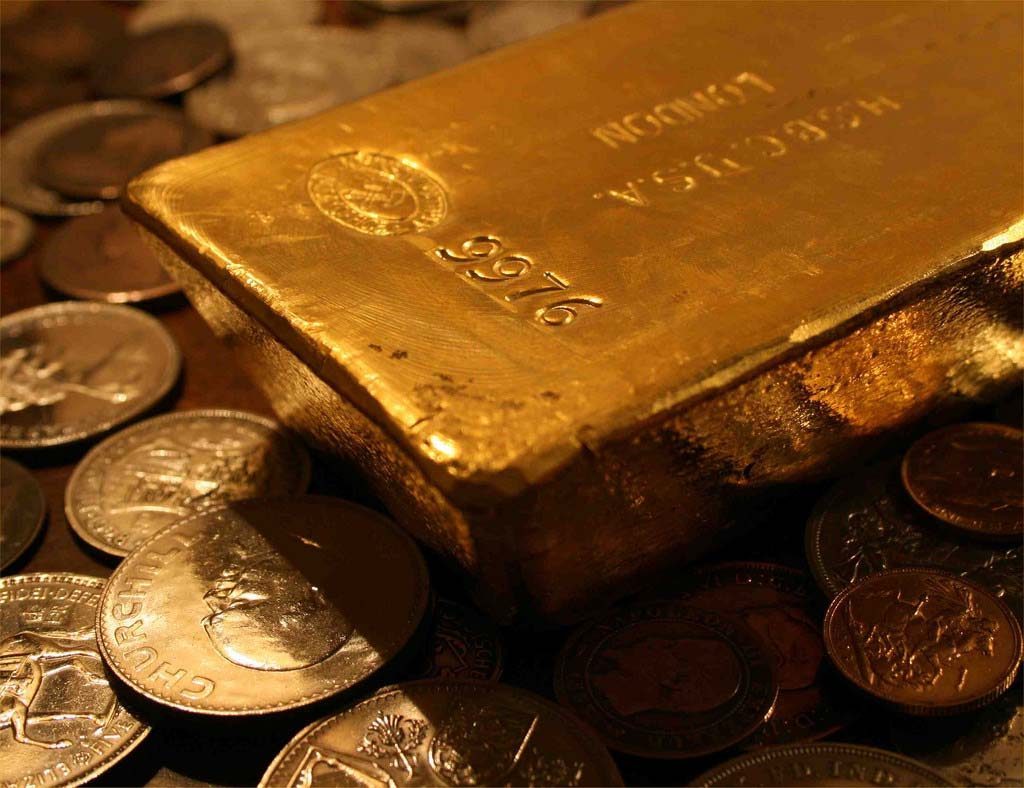Gold finally became an accepted means of investment in the Islamic world for the first time in 2016.
The price of gold has skyrocketed in Qatar and is predicted to rise even higher as a result of the high demand on the metal during the holy month of Ramadan, a time of gift-giving and celebration.
Gold dealers at Souq Waqif say sales of gold have increased by about 70% despite the global increase in cost over the last few weeks.
“We have been recording around 80 percent in sales since the start of Ramadan which is the best time for gold and jewellery sales during the year,” a sales manager said as quoted by local news outlet The Peninsula.
During Ramadan, gold purchases were forecasted to increase by over 50%, recent statistics revealed. The price of the precious metal has been on the climb since the start of March due to investors anticipating a delay in rate hikes by the US Fed.
Since gold is a dollar-denominated metal, the price of gold is inversely correlated with the value of the US currency. Nevertheless, some business owners claimed that given the recent decline in the US dollar’s worth, they anticipated sales to be significantly better.
“There has not been a big difference in sales which have been the same since the beginning of the year,” said another salesman.
Gold retains its value indefinitely because, unlike other commodities, it cannot be depleted or consumed. Many investors view gold as an alternative asset and a means of protecting their money since it acts as a hedge against the inflation-driven decline in the value of currencies.
Islamic finance has traditionally treated gold as a form of money. However, up until 2016, there were no formal guidelines for the use of gold as an investment in the Islamic financial sector.
Gold finally became an accepted form of investment in the Islamic world for the first time in 2016 to be utilised as a commodity to support financial instruments based on Sharia.
Gold transactions must be fully supported by physical metal and settled on the same day, the guidelines state, to adhere to Islam’s distinction between legitimate economic activity and speculative activity.







